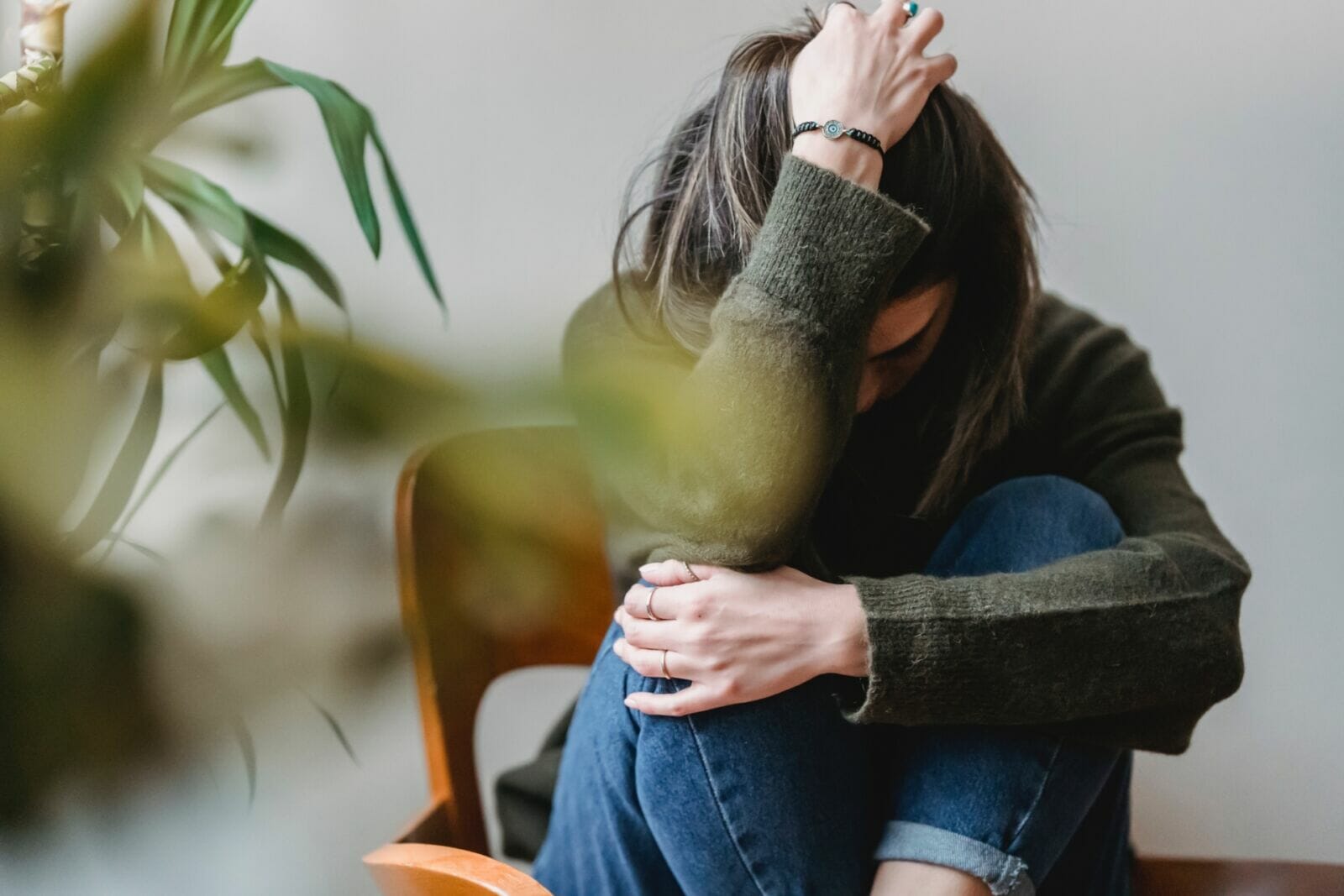The state of Arizona is failing its student population by leaving schools understaffed for mental health support according to recent mental health reports. For every 100,000 teens in Arizona, there are 14 suicides, which is roughly 1.4 times the numbers for the United States. If Arizona spent more time prioritizing the prevalence of behavioral and student mental health in schools, this number could drastically drop.
According to the American School Counselor Association (ASCA) Arizona has the worst student-to-counselor ratio in the country. While ASCA recommends schools maintain a 250-to-1 ratio, Arizona is standing at a 716-to-1 ratio as of 2021. This means that school counselors are now required to support more than 3 times the recommended number of students, and they can feel the stress.
READ ALSO: How 988 is reimagining help for a mental health crisis
READ ALSO: Mental health considerations in estate planning
“We have over 20 counselor vacancies in our district,” said Rebecca Carrier, a Tucson Unified School District Coordinator. “Our ratios are much better than the state average provided that we’re fully staffed, which at the time we are not.”
Carrier explained that despite Tucson Unified being well-equipped to provide student mental health services, given the proper staff, “there are some schools that don’t even have a counselor” at the moment. Requiring counselors from other schools in the district to do that job only adds more pressure, instead Tucson Unified is leaning on local behavioral health agencies to fill in the gaps for their students.
“We’re kind of doing a patchwork of services where we have counselors and social workers for crisis response, but then in addition to that we’re leaning on our behavioral health agencies a little bit more to come in and provide some support for students who need those regular check-ins,” said Carrier.
Behind the scenes of counselors offices across Arizona, the pressure to fill jobs and provide enough support to students is felt across the board.
Students are feeling a similar stress in their classrooms.
“My school’s huge, there’s like 3,300 students and we have like nine counselors,” said Riana Alexander, a current high school senior. “One counselor at my school has over 300 students to deal with.”
Alexander understands that while the counselor shortage is a complex issue, her district and school can and should be doing more.
“The counselors are trained to be college and career counselors to help with scheduling and life decisions, not really mental health crises,” she said. “That is not their fault, I mean, they weren’t trained on it. I think it needs to be a necessity, moving forward, to have more people who are qualified to help people who are really struggling.”
According to Alexander, the only person who is adequately trained to help with mental health crises is one social worker on campus.
“She’s just one person for over 3,000 kids,” said Alexander.
Regardless of whether schools are struggling to fill jobs or districts are failing to properly train their staff, youth mental health in the state of Arizona is going down.
In a report done by Mental Health America, MHA, in 2020, Arizona was ranked 30th in the country for youth mental health. That ranking dropped drastically to 49th in 2021. Arizona currently still stands at 49th for youth mental health as MHA recently released their 2022 report.
What this means, according to MHA, is that youth and students in Arizona have a higher prevalence of mental illness and lower rates of access to care. It’s clear that the COVID-19 pandemic took a toll on students and Arizona is not able to keep up with the demand for mental health resources.
Luckily, MHA’s Arizona chapter is making efforts to try and make the process for families and students seeking mental health support easier.
“Any family that has ever had to navigate the mental health system, I think any one of them will tell you it’s been incredibly difficult. They don’t know where to turn and they don’t know where to go,” said Executive Director for Mental Health America of Arizona, Ericka Irvin. “That’s where we step in sometimes, and we help people along, and we will provide them assistance and kind of show them what steps they need to take.”
MHA of Arizona is a great resource to turn to for free online mental health screenings and assistance with finding help. While Arizona is not providing enough, there are people and groups working to fill those gaps and assist people on their mental health journeys.




